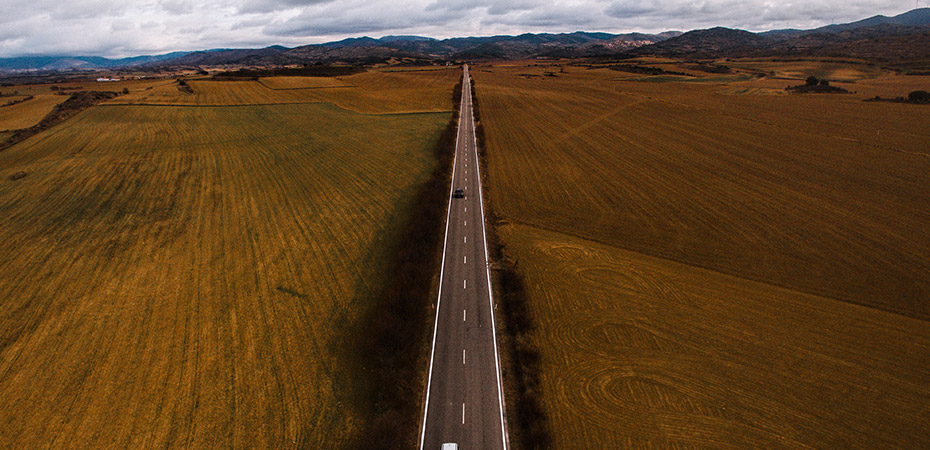Connected and autonomous vehicles (CAVs) are set to change the way we travel and interact with the world around us. In the future, we will see cars and other vehicles driven without human intervention while connecting to the Internet, our devices and surrounding digital infrastructure.
CAVs offer the opportunity to transform our driving and travel experiences. The technology on-board has the potential to reduce traffic accidents for safer roads, optimise fuel consumption to reduce emissions and cut commutes to allow people more time in their day.
To be able to leverage the full potential of CAVs and see mass adoption, it is essential that our infrastructure is able to support them and their technology. We previously examined how our physical infrastructure will need to adapt to accommodate the needs of CAVs in the future. Our digital connectivity is just as important as it will need to be able to cope with the data demands that the technology that will be used in these vehicles will bring.
How does digital connectivity affect CAVs?
As identified in our whitepaper, ‘Paving the way: Building the road infrastructure of the future for connected and autonomous vehicles’, less than 20% of UK roads have full 4G coverage. For the UK to be able to fully adopt CAVs and access their full potential, the nation’s connectivity needs to receive investment to be able to support them.
The services that CAVs can offer rely on higher data rates and faster communication. The current state of digital connectivity in rural communities is a particular cause for concern as the benefits of these vehicles should not be reserved solely for those inhabiting cities. CAVs could have a lot to offer to those commuting to and from these areas as country roads often have more primitive infrastructure. Connectivity could provide information regarding the road’s environment to aid the vehicles as it travels through the area.
Another challenge for the mass adoption of CAVs is that as infrastructure is developed in different cities to support the new technology, uniformity is needed to ensure that the vehicles are connecting to similar infrastructure as they travel to different cities and areas.
In our whitepaper ‘Paving the way: Building the road infrastructure of the future for connected and autonomous vehicles’, it was identified that a common framework is needed to guarantee consistency nationwide and worldwide. Vehicles need to be able to travel from the UK to other countries and still be able to access data networks and applications. A framework would need to ensure that a vehicle is able to adapt to the needs of the driver wherever they are.
The issue with creating a consistent framework across jurisdictions is that it is a concern for both vehicle manufacturers and cities. Larger cities will have different budgets and needs to that of smaller ones and they will need to communicate with one another to discuss their plans.
Developing digital infrastructure to support CAVs
Ensuring that our roads have the digital infrastructure available to support the full adoption of CAVs will involve significant investment and a consideration of legal frameworks to ensure that the experience is consistent across different cities and jurisdictions. Consideration of the digital connectivity available is vital to preparing our infrastructure for CAVs, without it we will not be able to leverage the full potential they have to offer.
Our whitepaper ‘Paving the way: building the road infrastructure of the future for connected and autonomous vehicles‘ is recommended to find out more about the changes that may be necessary in future years and how these will impact the way we travel.
About the author(s)
Gowling WLG is an international law firm operating across an array of different sectors and services. Our LoupedIn blog aims to give readers industry insight, technical knowledge and thoughtful observations on the legal landscape and beyond.

